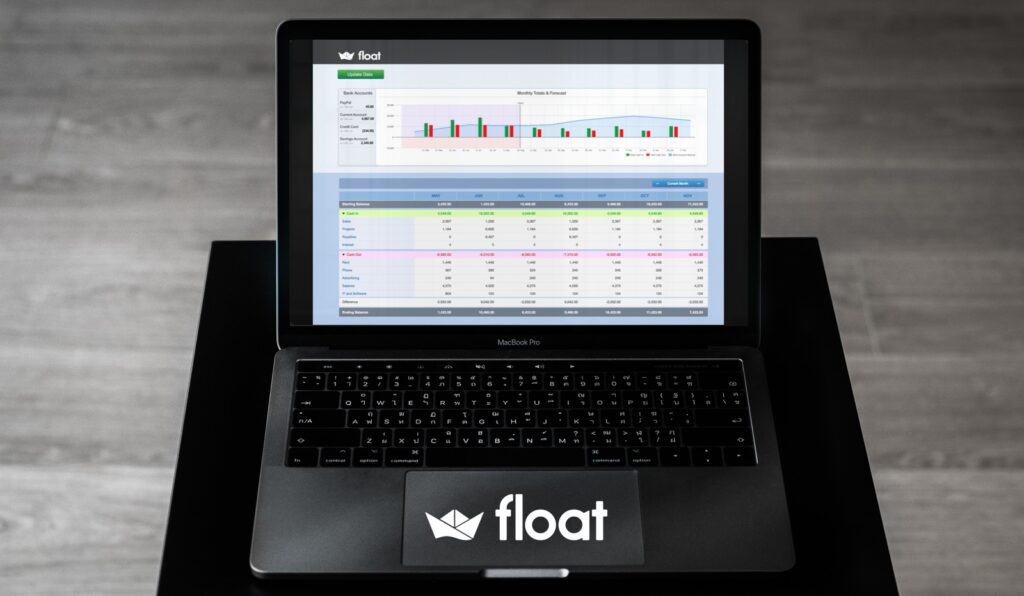Here are some key factors to think about this new financial year.
1. Higher income? Don’t forget provisional tax!
2022-23 was the first year in a while without Covid lockdowns or pandemic restrictions, meaning most businesses, especially those in the leisure or tourism sectors, enjoyed a better year.
If you’ve earned significantly more this year than in 2021-2022, congratulations! But you may want to consider an additional voluntary provisional tax payment to Inland Revenue. It could help to balance your tax payments with your growing turnover.
We’ll be in touch with you once we’ve reviewed your figures as we’ll be sending out the 7th May provisional tax notices shortly.
2. Check your Covid support
IR are again reviewing Covid support payments now that all 2022 tax returns have been filed.
There are still important things to remember if you have received government support since 2020.
- Make sure any Covid support requests were declared correctly and that records of your applications are on file to support any future audits.
- Ensure you’ve kept comprehensive records of any wage subsidies you’ve received or passed on to employees, as well as subsidies you’ve repaid.
Made an incorrect application?
If you are worried that you made an incorrect application, please talk to us first before contacting the IR and we’ll assist you in making a voluntary disclosure.
Time to repay your Small Business Cashflow loan?
Review any lending received through the Small Business Cashflow Loan Scheme.
Most of you would have heard from us when your two years was coming up.
- Pay on time
- If you’ve paid late, top up or pay a bit more to avoid that extra interest going forward.
- Check your payment plan to ensure your paying the right amount by the due date
- If you missed a payment date, interest will be charged – be aware of how much you’re paying and what is owing.
3. Watch your FBT
The Fringe Benefit Rate tax rose to 63.93% in April 2021, but nearly two years later, many businesses are yet to review the impact.
Before 2021, most employers used the single rate option to pay FBT on benefits provided at a flat rate of 49.25%. Have you reassessed the cost of increased FBT?
FBT is charged on a wide range of employee benefits, including company cars able to be used privately by employees right through to gift vouchers and flowers given to employees. Most employers don’t realise they have a large FBT bill until it’s too late. It can become even more painful if benefits have been given for a long time, as in addition to the FBT payable, penalties and use of money interest may also apply.
Review the impact of FBT on your business and ensure you don’t have backdated exposure. Talk to us about the impact of the 2021 rate rise and whether there are alternatives to offering employee perks, such as offering staff higher salaries or regular bonuses.
4. Review your property portfolio
Major changes were introduced in 2021 limiting property investors’ ability to deduct interest payments on loans for residential homes from their tax bills. Interest on loans for residential properties purchased after March 2021 is no longer deductible. For residential investment properties bought before March 2021, there’s a phase-out of the old interest deductibility rules that will run until March 2025:
- Property owners can deduct 75% of interest costs until 31 March 2023
- After that date and until 31 March 2024, property owners can deduct 50%
- Between 1 April 2024 and 31 March 2025, investors can deduct 25%
- After 1 April 2025, investors can no longer deduct any interest.
Property investors need to be aware of the interest phase-out for the coming tax year and we’ll talk to you about the potential impact in the years ahead. There are exemptions for ‘new builds’ and certain types of property.
Where we see an exemption or specific information that applies to you we will discuss with you.
Do you have commercial buildings?
Remember that depreciation deductions for non-residential buildings were reintroduced for the 2021 and subsequent income years.
Have you bought or sold properties in the past year?
Tell us about the split between residential vs commercial, and the full details on new loans and credit lines so we can work out your obligations, including any possible impact of the brightline rules.
5. Remember the new tax rules for trusts
The 2021-2022 income year saw new disclosure rules for domestic trusts, requiring trustees to prepare financial statements and provide extra information with their income tax returns.
Trustees need to disclose identification details such as name, date of birth, IRD Number and country of residence of all historical settlors where reasonably available. Make sure you’re up to speed with the requirements.
You’ll remember from your 2022 tax return how much information is required. You might see some tweaks, but this disclosure requirement is remaining. If necessary we’ll make any updates.
Catch up on all the reporting requirements on our blog.
6. Consider asset write-offs and sales
Review your fixed asset register and identify any that can be written off. If you have scrapped assets we can write them off, but anything old or something that has hardly any value that you still use, you’ll need to keep it on the register.
Assets purchased in the ’23 year below the value of $1,000 can be written off immediately (in most cases). We’ll often put these assets on the register and write them off 100% with nil value but keep them on the register until you sell or scrap them.



